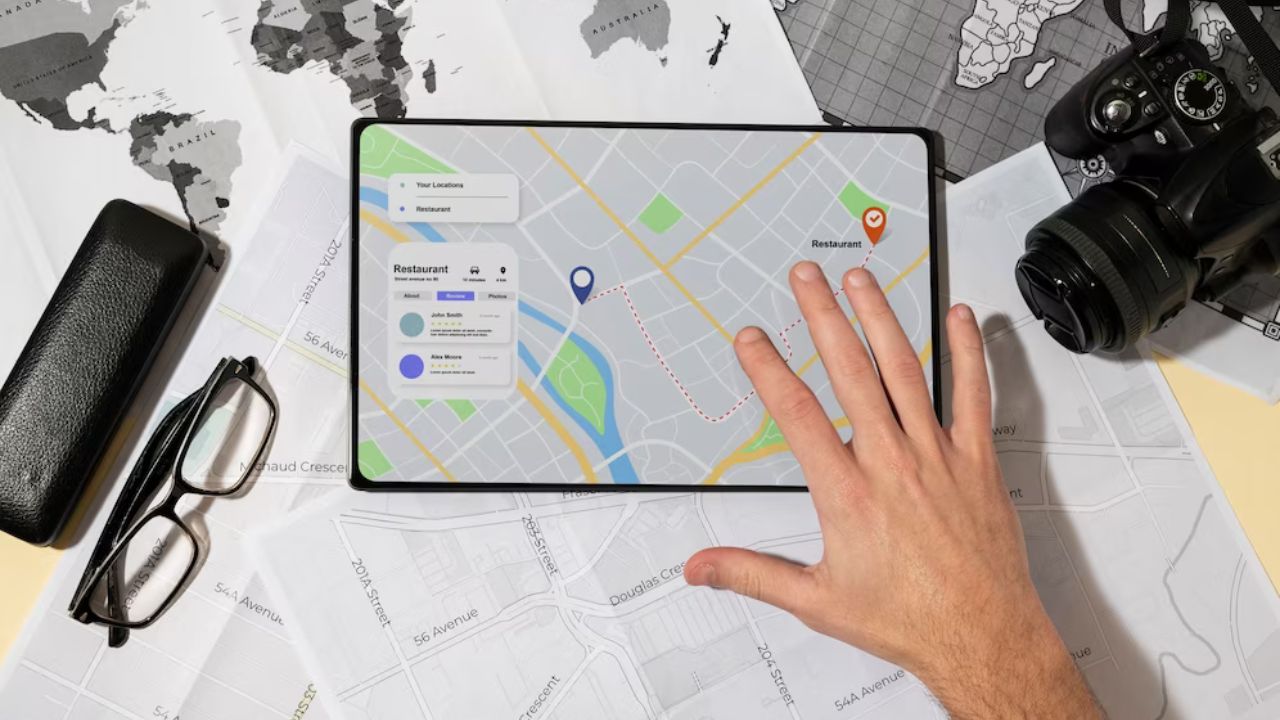Google Maps is receiving a number of AI-enabled updates, including expanding its Immersive View feature to also cover routing and navigation.
The updates aim to provide more visual and contextual information.
Immersive view now includes turn-by-turn directions
One of the biggest additions is expanding Maps’ immersive view from just places to also encompass routes. Users can now preview rides in an interactive 3D environment.
Improved turn-by-turn directions let you visualize every navigation step, including surrounding buildings, traffic conditions, and even the weather. This helps drivers and pedestrians better prepare for real-world conditions.
Immersive View leverages AI to stitch together Street View and aerial imagery into highly detailed simulated environments mapped to your ride. Users can scroll through a time slider to view different times of the day.
Initial launch in 15 major cities
Immersive View for Routes begins rolling out this week on Android and iOS in more than a dozen global metropolises, including New York, Los Angeles, London, and Tokyo, among others.
Launch cities provide a wide sample to collect user feedback. A broader expansion is likely to come once Google refines the technology based on real-world use.
Enhanced lens integration for near discovery
Another new feature is a tighter integration of Google Lens visual search into Google Maps. Users can launch Lens from the Maps search bar in 50 additional cities around the world.
This allows people to discover nearby places simply by pointing their camera at their surroundings. An augmented reality overlay labels stores, restaurants and other businesses seen through the lens.
Map search includes qualitative queries
Google is improving Maps’ ability to analyze more qualitative and conversational search queries, such as “dog-friendly breweries” or “vegetarian restaurants with outdoor seating.”
Advanced semantics allow Maps to discern relevant key points for better results. This reduces the need for overly structured search terms.
Recommendations on notable places and events
For broader queries like ‘things to do in London’, Maps will provide personalized recommendations of the best places, events and seasonal activities.
This curated guide makes exploring more efficient by showcasing top destinations.
Visual updates create more realistic navigation
On the navigation front, Google plans updates to make Maps guidance appear more realistic. Improved mapping adds more realistic building renderings, nature renderings, and lane guidance.
Additional traffic details, such as highlighting high-occupancy vehicle lanes, also improve real-world matching. Meanwhile, speed limit notations are expanding to more countries.
Electric Vehicle Charging Details to Help Drivers
For electric vehicle owners, Google will integrate charging point locations more seamlessly, taking into account available plug types, typical charging speeds, and recent usage.
This provides drivers with key decision-making factors when planning charging stops. Google also introduced new EV data APIs for third-party development.
In short, Google’s latest Maps updates leverage AI to deliver more visual, intuitive and contextual guidance powered by billions of data points. The goal is to improve real-world utility through enhanced virtual perspectives.
Subscribe to our latest newsletter
To read our exclusive content, register now. $5/Monthly, $50/Yearly
Categories: Technology
Source: vtt.edu.vn
